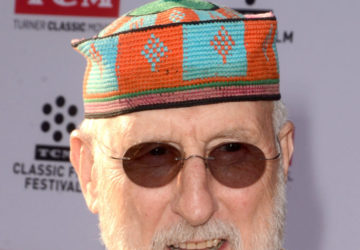Paul McCartney has big plans next week. As the BBC reports, the vegetarian former Beatle will travel to the Copenhagen climate change summit to call for the world to adopt “Meatless Mondays” in order to reduce carbon dioxide emissions. The main problem with Sir McCartney’s self-denial campaign? It wouldn’t have much of an actual impact.
Anti-meat activists often point to a 2006 United Nations report—which estimated that animal agriculture was responsible for 18 percent of global emissions—as justification for their latest round of “go veg” campaigns. And a more recent report published in the Worldwatch Institute’s magazine puts the figure even higher, at more than half of all greenhouse gas emissions.
Nonsense.
These two reports look at global emissions and unrealistic, worst-case scenarios. In fact, the United Nations admits that its figure unfairly lumps all countries together. Farms in Burma, you see, aren’t nearly as efficient (or climate-friendly) as farms in New Zealand, or those here in the United States.
Both reports also blame livestock producers for emissions caused by activities like making fertilizer and transporting food to market. In a meatless world, of course, these greenhouse gas-producing activities would continue—and increase—as the world would need to fertilize more land to grow soy and ship tofu around to billions of new vegetarians.
So what do all these global estimates mean for Americans? Let’s look at a 2008 inventory of domestic greenhouse-gas emissions conducted by the Environmental Protection Agency. The EPA determined that the entire agricultural sector was responsible for just 6 percent of total domestic emissions. And when non-livestock ag emissions (like growing tomatoes and cotton) were excluded, the share for domestic animal agriculture drops to less than 3 percent.
In other words, U.S. farms are quite good at producing animal products while keeping low “footprints.”
Instead of shilling for vegetarianism, McCartney should consider promoting investment in American meat producers—especially those that can export their low-emissions technologies and practices to their counterparts around the globe. Or at least he might want to call a truce with the carnivorous world around him. Give Peace A Chance. Let It Be. But given McCartney’s past ties to animal rights extremists at the radical People for the Ethical Treatment of Animals, we don’t expect him to anytime soon.
Maybe we’re Amazed at how such a famous musician could be so tone-deaf.




